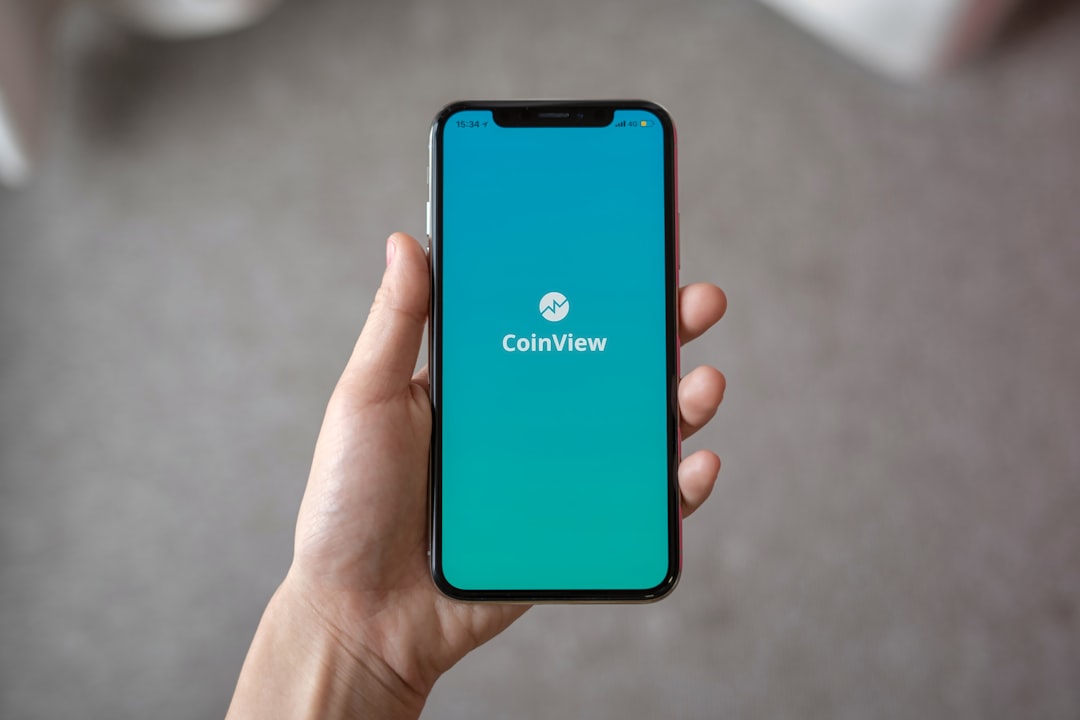Washington state's strict Do Not Call laws prohibit law firms from sending unsolicited text promotions, requiring explicit consent and prompt honor of stop requests to avoid fines and damage their reputation. Consumers can register on the state list and use "STOP" or report spam to FTC or AG's office to combat intrusive marketing texts.
In Washington, consumers are protected from unwanted spam texts by strict Do Not Call laws. This article delves into the intricacies of these regulations, equipping folks with knowledge to navigate this digital landscape. We explore how these laws apply to both general businesses and law firms, ensuring a safe, clutter-free experience. Learn about consumer rights and available recourse against spammers, empowering yourself to take action against annoying text messages. Understanding Washington’s Do Not Call rules is the first step in revolutionizing your communication preferences.
Understanding Washington's Do Not Call Laws

Washington state has stringent regulations in place to protect consumers from unsolicited text messages, commonly known as spam texts. At the heart of these protections lies the Do Not Call (DNC) law, which provides individuals with the power to opt-out of marketing text messages. This law applies not only to private citizens but also extends to businesses and Do Not Call law firms operating within Washington’s borders.
To ensure compliance, businesses must obtain explicit consent from recipients before sending any promotional texts. Additionally, they are required to honor requests to stop sending messages promptly. Understanding and adhering to these rules is crucial for companies to avoid legal repercussions and maintain customer satisfaction in this highly regulated environment.
Protecting Consumers from Spam Texts

In an era where communication is dominated by digital channels, consumers in Washington state are protected from unsolicited text messages, commonly known as spam texts, by a robust legal framework. The Do Not Call laws specifically address this issue, providing residents with a measure of control over their privacy and peace of mind. These regulations make it illegal for businesses and law firms to send promotional or advertising texts to individuals who have not given explicit consent.
Washington’s Do Not Call list is a powerful tool that allows consumers to register their phone numbers to opt-out of receiving such messages. By enrolling, residents can prevent spam texts from legal entities, ensuring they are only contacted for legitimate purposes. This simple yet effective measure empowers people to take control of their communication preferences, eliminating unwanted and intrusive marketing efforts.
Enforcing Anti-Spam Measures in Law Firms

Law firms operating in Washington state are subject to strict regulations aimed at curbing spam texts and protecting consumers. The Do Not Call laws extend to legal entities, prohibiting unsolicited text messages promoting services or products. These measures ensure that law firms respect consumer privacy and avoid contributing to the nuisance of spam communications.
Enforcing these anti-spam policies within law firms is essential. Firms must implement robust systems to prevent automated text messaging campaigns and obtain explicit consent for any marketing texts. Failure to comply can result in significant fines, damaging the firm’s reputation and potentially leading to legal consequences.
Consumer Rights and Recourse Against Spammers

In Washington, consumers have several rights and resources available to protect them from spam text messages. The state’s laws, including the Do Not Call laws, offer a robust framework to combat unsolicited advertising texts. If a consumer receives spammy texts, they are not obligated to tolerate them. One effective step is to respond “STOP” or “NO” to the message; this signals to spammers that the number should be removed from their lists. Additionally, Washington residents can register their phone numbers on the national Do Not Call Registry, which restricts telemarketing calls and texts.
For further recourse, consumers can file complaints with the Federal Trade Commission (FTC) or the Washington State Attorney General’s Office. These entities take spam complaints seriously and have the authority to investigate and penalize violators. The FTC, in particular, offers a user-friendly online complaint form for consumers to document and report spam incidents. By utilizing these legal avenues, Washington residents can assert their rights and put an end to unwanted text messages from aggressive spammers, ensuring a safer digital environment. Remember, “Do Not Call” laws apply to businesses, so law firms in Washington must adhere to these regulations when marketing via text.






